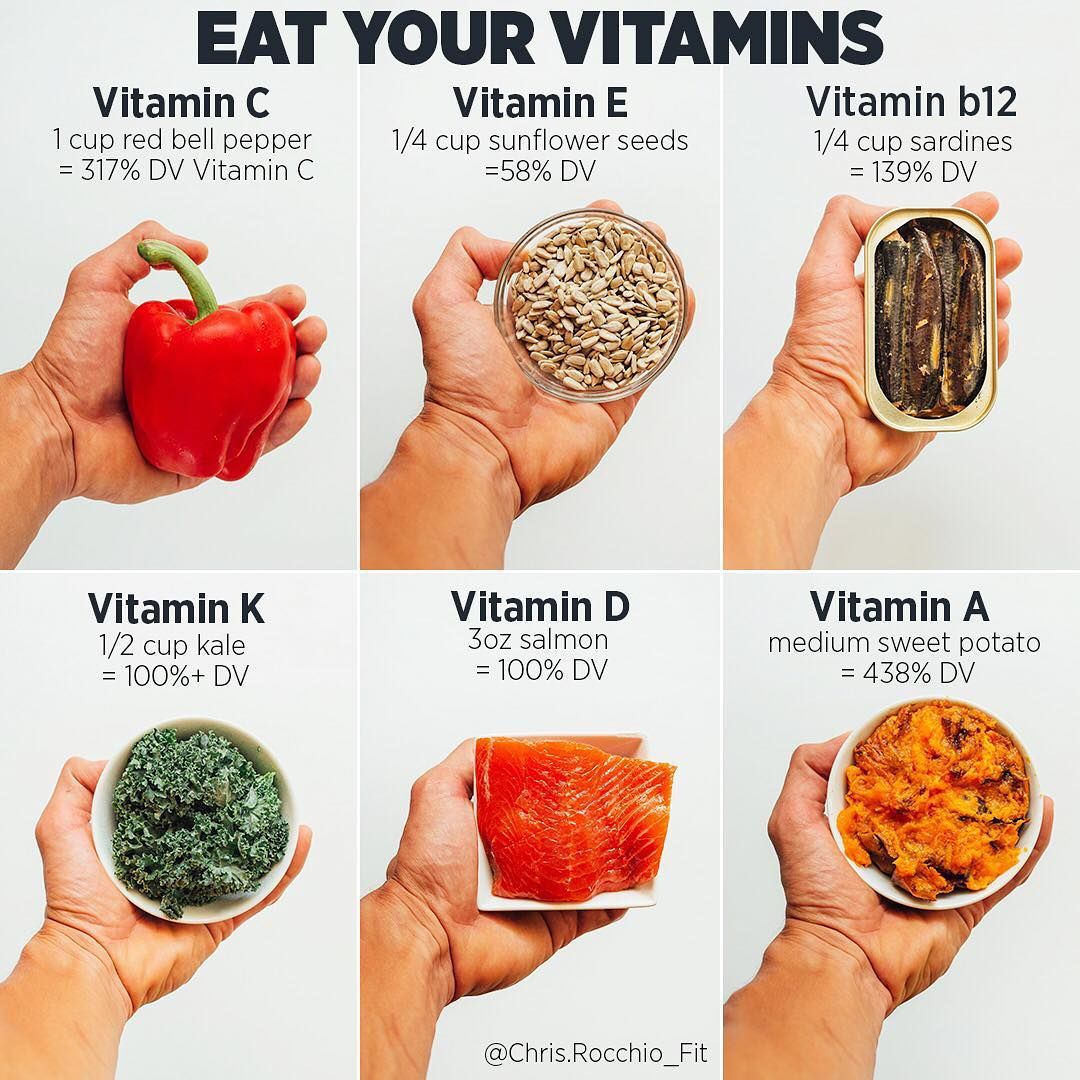Table of Contents
- 1 The Importance of Optimal Nutrition
- 1.1 The Role of Macronutrients
- 1.2 Choosing the Right Foods
- 1.3 The Role of Hydration
- 1.4 The Impact of Nutritional Deficiencies
- 1.5 Optimal Nutrition for Athletic Performance
- 1.6 Maintaining Optimal Nutrition on a Budget
- 1.7 The Role of Supplementation
- 1.8 Optimal Nutrition for Mental Health
- 1.9 The Importance of Mindful Eating
- 1.10 Conclusion

The Importance of Optimal Nutrition
In today’s fast-paced world, it can be easy to neglect our nutritional needs. However, optimal nutrition is crucial for maintaining our overall health and well-being. It provides our bodies with the essential nutrients, vitamins, and minerals necessary for optimal functioning. By fueling our bodies with the right foods, we can improve our energy levels, enhance our immune system, and even boost our mental clarity. In this article, we will explore the importance of optimal nutrition and how it can positively impact our lives.
The Role of Macronutrients
Macronutrients, namely carbohydrates, proteins, and fats, are the building blocks of our diet. They provide the energy needed for everyday activities and bodily functions. Carbohydrates are the body’s primary source of fuel, while proteins are essential for muscle repair and growth. Healthy fats, such as omega-3 fatty acids, are crucial for brain health and reducing inflammation. Balancing these macronutrients is key to optimal nutrition.
Choosing the Right Foods
When it comes to optimal nutrition, quality matters. It is important to choose whole, unprocessed foods that are rich in nutrients. Incorporating a variety of fruits, vegetables, lean proteins, whole grains, and healthy fats into our diet can provide us with the necessary vitamins and minerals. By avoiding processed and sugary foods, we can reduce the risk of chronic diseases and promote overall well-being.
The Role of Hydration
Hydration is often overlooked but plays a vital role in optimal nutrition. Our bodies are made up of mostly water, and staying adequately hydrated is essential for proper bodily functions. Water helps transport nutrients, regulate body temperature, and flush out toxins. It is recommended to drink at least eight glasses of water per day to maintain optimal hydration levels.
The Impact of Nutritional Deficiencies
When we don’t get enough of the essential nutrients our bodies need, we can experience nutritional deficiencies. These deficiencies can lead to a variety of health issues, such as fatigue, weakened immune system, poor concentration, and even increased risk of chronic diseases. To avoid these complications, it is important to focus on a well-balanced diet that meets our nutritional needs.
Optimal Nutrition for Athletic Performance
Athletes require optimal nutrition to perform at their best. Proper fueling before, during, and after exercise is essential for optimal performance and recovery. Consuming a combination of carbohydrates and proteins before a workout can provide the necessary energy and aid in muscle repair. Hydration is also crucial for athletes to prevent dehydration and maintain peak performance.
Maintaining Optimal Nutrition on a Budget
Many people believe that eating healthy is expensive, but it doesn’t have to be. Planning meals ahead, buying in bulk, and opting for seasonal produce can help keep costs down. It is also important to prioritize nutrient-dense foods over empty calories. By making small changes and being mindful of our choices, we can maintain optimal nutrition without breaking the bank.
The Role of Supplementation
While a well-balanced diet should provide us with all the necessary nutrients, sometimes supplementation may be required. Certain individuals, such as pregnant women, vegans, or those with specific medical conditions, may need additional supplementation. It is always best to consult with a healthcare professional or a registered dietitian to determine if supplements are necessary and which ones are suitable for individual needs.
Optimal Nutrition for Mental Health
Optimal nutrition not only affects our physical health but also our mental well-being. Research has shown that certain nutrients, such as omega-3 fatty acids and B vitamins, play a crucial role in brain health and can help reduce the risk of depression and anxiety. By nourishing our bodies with the right foods, we can support our mental health and overall happiness.
The Importance of Mindful Eating
In today’s fast-paced society, we often eat on the go or consume meals mindlessly. However, practicing mindful eating is essential for optimal nutrition. Taking the time to savor each bite, being aware of our hunger and fullness cues, and choosing nutrient-dense foods can help us make better food choices and improve our overall eating experience.
Conclusion
Optimal nutrition is the foundation for a healthy and fulfilling life. By fueling our bodies with the right foods, staying hydrated, and being mindful of our choices, we can reap the benefits of improved energy, enhanced immune system, and better overall well-being. Prioritizing optimal nutrition is an investment in our long-term health, allowing us to thrive and reach our full potential.



